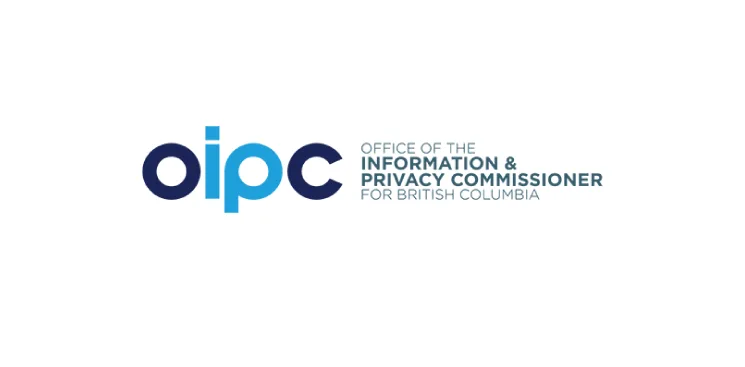
The police want my credit report to investigate a crime. Do they need to get my permission?
Banks, businesses, and others may wish to see your credit report. It helps them decide whether to hire you, lend you money, or do business with you. This is often called a "credit check.” But your credit report contains a lot of personal information you may want to keep private. Learn who can access your credit report.
What you should know
Your credit report shows, among other things, your history of paying bills and borrowing money. Credit reporting agencies create your credit report. Two agencies prepare most credit reports in Canada: TransUnion and Equifax.
Under the law in BC, you have the right to see your own credit report. The credit reporting agencies must mail you a free copy of your report if you ask. Learn how to order your credit report and how to understand it.
"I applied to rent an apartment. The landlord told me I got turned down because I’d missed some payments on my phone bill. He found out about that by ordering my credit report. I had no idea. He explained that the rental application included a section where I agreed the landlord could access my credit report. Next time I’ll make sure to read through everything!”
– Liz, Port Coquitlam, BC

Under the law in BC, a credit reporting agency can’t share your credit report without your permission. (There are three exceptions to this rule. See below.)
Why might someone want to see your credit report? A few reasons. Someone might want to see it before:
giving you credit
collecting a debt from you
renting an apartment or house to you
deciding whether to hire you
granting you insurance coverage
You don’t have to consent to a credit check. Of course, if you refuse, the bank, business, or other party that wants to look at your credit report can also refuse to do business with you.
If you don’t want the other party to access your credit report, discuss this with them. They may agree to do business with you without seeing your credit report.
Your consent to a credit check is sometimes folded into an application for credit, insurance, employment, or tenancy. By signing the application, you agree to the check. But by law, the consent must be prominently displayed and easy to understand.
Always read the fine print
Before signing an application form for credit, a job, or an apartment, make sure you read the full application. There may be a section saying you give the other party permission to see your credit report. If you don’t want that, explain your concerns to the other party.
Under the law in BC, there are certain situations where credit reporting agencies don’t need your consent to share a copy of your credit report. You have no choice when the credit report is requested by:
the federal, provincial, or municipal government
the police, for the purposes of an investigation
anyone with a court order authorizing access to your credit report
Work out the problem
If you think someone has received your credit report who shouldn’t have, the first step is to order a copy of your credit report. To learn how, see our page on ordering your credit report.
Look at the list of credit inquiries on your credit report. A credit inquiry means someone has ordered a copy of your credit report.
If, while reviewing your credit report, you notice an unfamiliar name or business in the list of credit inquiries, check it out. Contact the credit reporting agency who prepared the report, Equifax or TransUnion. Ask them to explain — in writing — what’s going on.
If you aren’t satisfied with the credit reporting agency’s response, you can ask the BC information and privacy commissioner to review the credit reporting agency’s decision to release your credit report.
Note that you must ask for the review in writing. You can use the form on the privacy commissioner’s website or send a letter or email. Make it clear what you’re asking the commissioner to review.
Include a copy of your letter to the credit reporting agency. And include the agency’s response.
The commissioner will decide whether to investigate.
Consider seeking legal help
If someone has illegally received a copy of your credit report, you should contact a lawyer. There are options for free or low-cost legal help.
Common questions
Yes, but only with your permission. (See the law in BC on this score.)
Usually, when you apply to rent an apartment or house, there will be a section in the tenancy application form dealing with consent. You don’t have to agree to release your credit report. Of course, if you refuse, the landlord may decide not to rent to you.
Yes, but, again, only with your blessing. Under the law in BC, an employer can get a copy of your credit report if they want to hire you, promote you, transfer you, or keep you as an employee. However, they can do nothing without your consent. You aren’t required to give it. Of course, if you don’t, the employer may decide not to proceed with their plans.
Who can help

Office of the Information and Privacy Commissioner
They can investigate if you think someone's accessed your credit report illegally.



